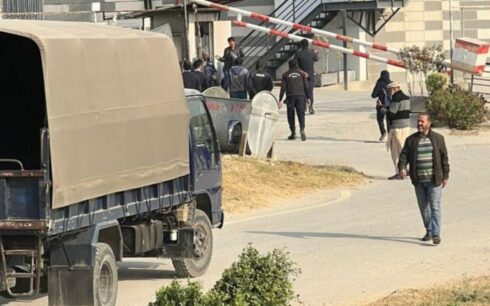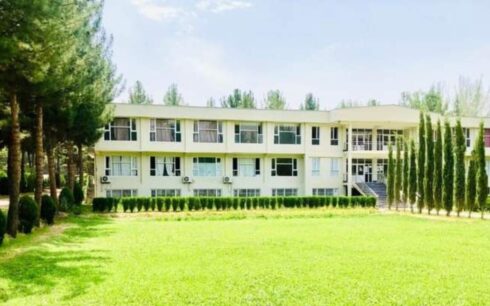In a new report, the World Health Organization (WHO) revealed that since September 17, an average of 17,000 Afghans daily have returned to Afghanistan through the two main border towns. The report highlights that a significant majority of these returnees, specifically 90%, express the intention to return to their provinces of origin.
The surge in Afghan returnees comes in response to Pakistan’s directive, issued on September 15, 2023, mandating the repatriation of illegal foreigners, as per the WHO report.
As of November 11, the WHO report indicates that a total of 327,400 returnees have crossed the border. Torkham, located in Nangarhar Province, witnessed 233,700 arrivals, while Spin Boldak in Kandahar Province received 93,700. Notably, the majority of these returnees consist of women and children.
Alarming statistics reveal that 24% of returnees are children under five, and 60% are children and adolescents aged 17 and younger. Additionally, almost half of the returnees are female, primarily from Nangarhar Province, followed by Kandahar, Kunar, Kunduz, and Laghman provinces.
Despite the intent of 90% of returnees to reclaim their provinces of origin, they find themselves in temporary shelters such as school rooms and tents at reception centers, particularly at the Torkham and Spin Boldak borders. However, the approaching harsh winter poses a significant threat, amplifying vulnerabilities due to overcrowded living conditions, poor sanitation, and limited access to food and water, thereby increasing the risk of communicable diseases and mental stress.
In response to this impending public health emergency, the WHO and its Health Partners have heightened their operations to provide healthcare services to returnees. As of November 14, 2023, WHO and its Health Cluster partners have reached 51,494 returnees, with 56.2% being female, offering various health services across the five regions (eastern, southern, southeastern, western, and northern). Moreover, between November 5 and 11, 2023, a total of 59,369 returnees have been vaccinated with oral polio vaccines (OPV) in Nangarhar, Kandahar, Hilmand, and Kabul, through the deployment of 52 vaccination teams.
Notably, the WHO efforts include strategic coordination, with a Returnees Task Force meeting on November 13, 2023, aimed at preventing intervention duplication. The nutrition cluster will specify an agency for food delivery, with the health cluster following up with IOM on service delivery in the transition centers.
In the Southern Region, the Regional Health Cluster Coordinator, alongside WHO, UNHCR, and WFP, conducted a joint mission to Spin Boldak zero-point clinic to monitor the health response for the returnees. An ad hoc coordination meeting with IOM and PPHD was also conducted to coordinate the response for the returnees in Kandahar.
Additionally, in the Southeastern Region, the Regional Health Cluster team held a meeting on November 14, 2023, assigning roles and responsibilities to partners to ensure a comprehensive intervention and avoid duplication of services.




